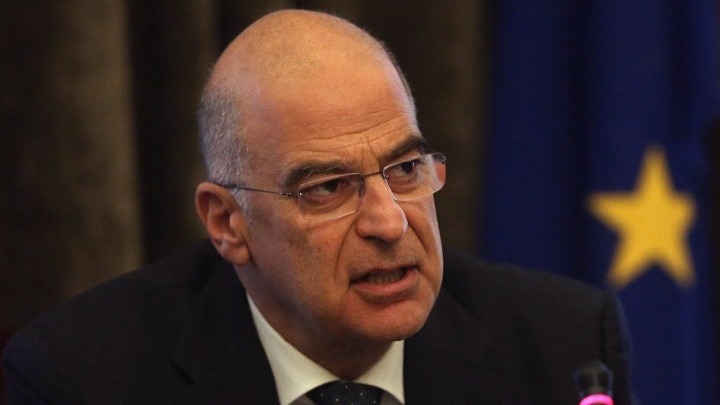"Regardless of other issues in Greek-Turkish relations, Greek society wants to continue helping our Turkish fellow people in their time of difficulty, both in our own framework and in a European framework,"
Foreign Minister Nikos Dendias commented to the "Huffington Post" on Wednesday, with respect to Greece's stance after the earthquakes in Turkiye.
He noted that visits made by him and the Greek defence minister to Turkiye did not seek some "geopolitical exchange" and the gestures had met with a warm response from the Turkish side, at the highest level.
"I think that a window of opportunity has opened up here. It is our job to turn this window of opportunity into a door and to walk through this door," he added.
At the same time, Dendias noted, it was important to not be naive and he stressed that Turkiye must "understand that…good relations with Greece will come about through the implementation of international law and the International Law of the Sea in the Aegean and the Eastern Mediterranean."
He also noted that Greece and Turkiye had recently come very close to incidents that could have caused the situation to spiral out of control, such as the occasion when the bow of a Greek frigate actually pierced the helipad of a Turkish Navy vessel.
"All day, aircraft are taking off to intercept other aircraft, ships are trying to block or monitor other ships: at some point there is also the element of chance in life. Therefore, there must be a de-escalation of tension, precisely so as to avoid giving a high probability to this element of chance," he said. Instead of this, he pointed out, tension had risen constantly for 3.5 years and it was not the Greek side that was responsible for this escalation.
Dendias said that the foreign ministry was not surprised by the result of the elections in Turkiye and had been dubious about the accuracy of opinion polls in the neighbouring country.
He also commented on the arrest of the ethnic Greek candidate Fredi Beleris in neighbouring Albania, saying that Athens wanted a rapprochement and a resolution of the difference concerning the sea borders by referring the issue to the international court.
"The arrest of a mayoral candidate, however…two days before the elections. Who then went on to win the elections, in fact. On charges of attempting to or buying votes? In any country of the world, this would raise questions," he said, even more so when the ethnic minority factor was taken into consideration.
"Unless the evidence is incontrovertible, this amounts to a major scandal and this is what [Albanian Prime Minister Edi] Rama said…There cannot be an arrest of someone on the eve of the elections on this charge, which has to do with the electoral process," he commented.

